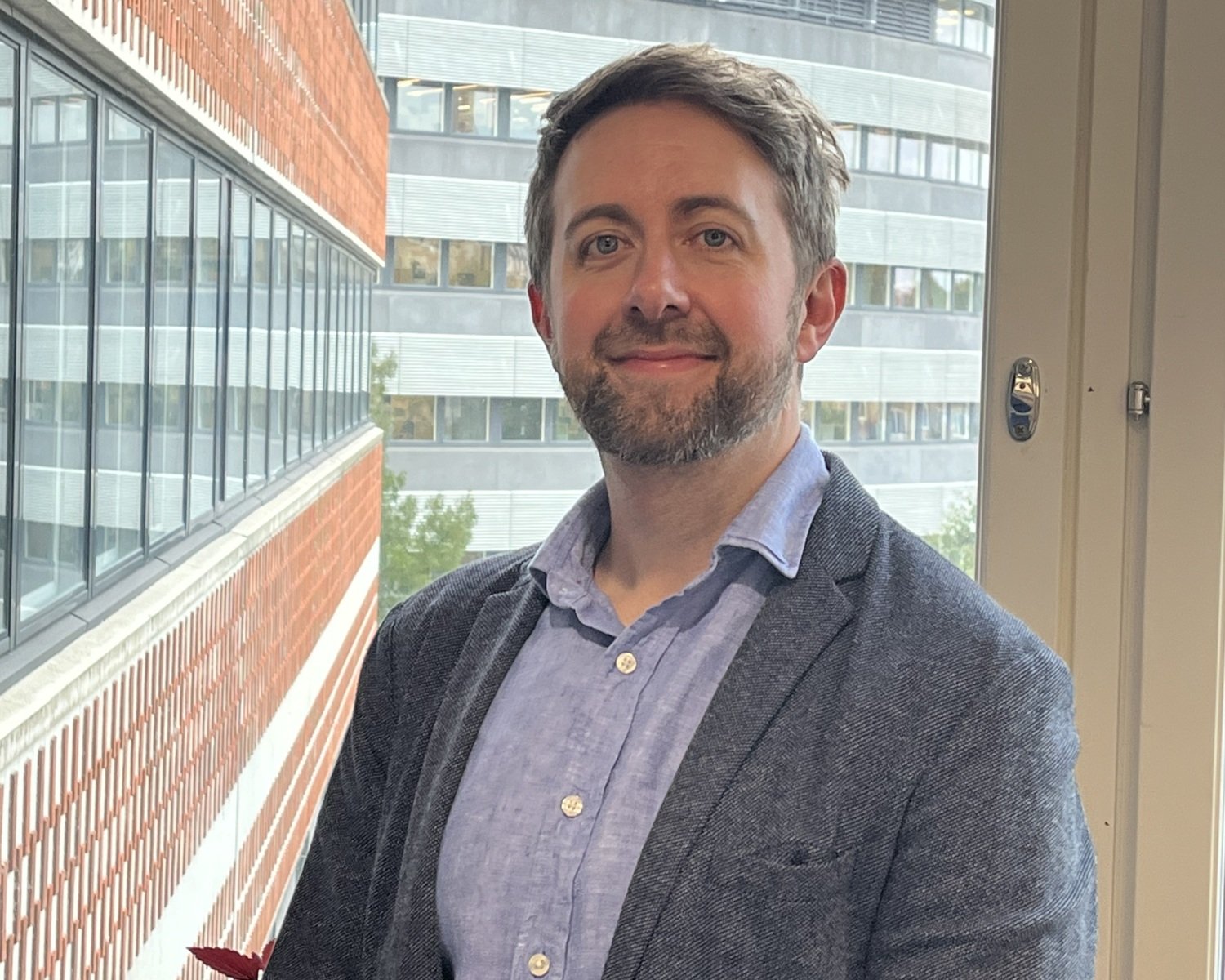A fellow’s perspective on the Executive health and diplomacy programme: Will Hall
The International Politics and Diplomacy for Health for Emerging Leaders Executive Programme equips professionals with the skills and tools needed to navigate complex political processes for health.
Among its fellows is Will Hall, a Director of External Affairs at CARB-X, who joined the programme to explore the future of health diplomacy and connect with peers across sectors. Here, he shares how the training has influenced his thinking, his work, and his approach to leadership.

“A fantastic programme with great interactive talks and a truly inspiring cohort”
Why did you participate in this programme?
It seemed like a great opportunity – particularly to reflect on how to most effectively engage in health diplomacy, now and in the future. I wanted to share my experiences, most recently from CARB-X and Wellcome, and learn from others to understand how they are navigating challenges and making progress.
It was also a valuable chance to build a new network, with a truly interesting group of cross-sectoral international fellows and senior faculty.
How has this programme helped you in your profession?
The training included some excellent sessions and insights from high-profile global health leaders, including around topics such as how they led through uncertainty, handled complex negotiations, and built trust.
I’ve tried to apply many of the lessons, especially around formal and informal decision-making, and being an open and reflective leader.
How do you think this programme will impact or help your workplace?
The course encouraged active participation, and fellows were involved in thought-provoking scenario exercises linked to health diplomacy. I gained a lot from these, including tactics for negotiation and delivering effective messages to different audiences.
This is crucial for my role at CARB-X, where I work to help policymakers understand the urgency of financing effective interventions to control drug-resistant infections.
I hope to continue collaborating with fellows and faculty, especially in making the case for progress on antimicrobial resistance (AMR) and other interconnected global health challenges.
Would you recommend this programme to others?
I’d highly recommend the course to others. It exceeded my expectations. The virtual sessions were excellent, but the in-person week in Sigtuna was the highlight – a busy but fantastic programme with engaging talks, interactive sessions, and great opportunities to connect with the group in informal settings.
International Politics and Diplomacy for Health for Emerging Leaders Executive Programme
The programme is run jointly by Karolinska Institutet and the Stockholm School of Economics. The aim of the Executive Programme in International Politics and Diplomacy for Health is to equip emerging generations of health leaders with health diplomacy skills; to build a network of organisations and individuals committed to the improvement of health; and to generate insights about the evolving nature of international politics and diplomacy for health.
